The debate between astrology and science has raged for centuries. While scientists often dismiss astrology as pseudoscience, millions still turn to horoscopes for guidance.
Yet, every now and then, research uncovers curious overlaps that even skeptics can’t ignore.
Could there be moments when the stars and scientific evidence align?
This article explores 15 uncanny instances where astrological claims have, surprisingly, found echoes in scientific studies and observations.
Prepare to rethink what you thought you knew about the boundary between planetary influence and empirical fact.
1. Mercury Retrograde and Communication Breakdowns
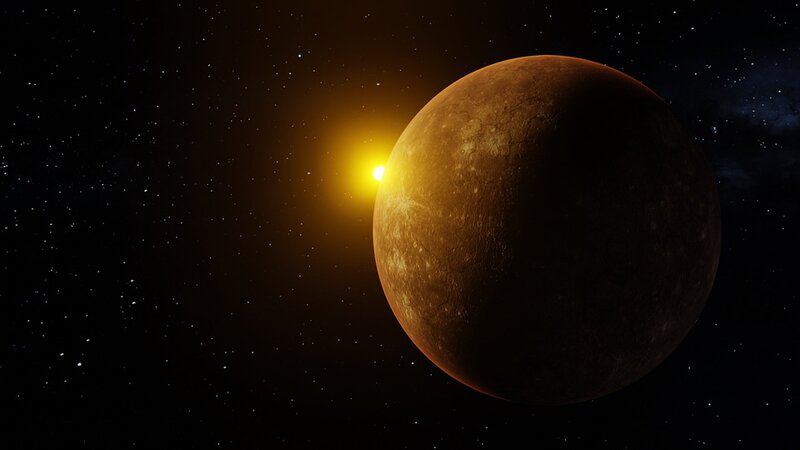
Astrologers warn that when Mercury goes retrograde, chaos hits communication and technology.
While skeptics scoff, NASA’s tracking of Mercury’s orbit marks these retrograde periods with uncanny accuracy.
Interestingly, some studies reveal spikes in tech failures and increased human errors during these times, often attributed to cognitive overload and seasonal stress.
So, although the planet’s motion isn’t the cause, the timing of these “mishaps” sometimes eerily lines up with astrology’s predictions.
2. Seasonal Birth and Personality Traits
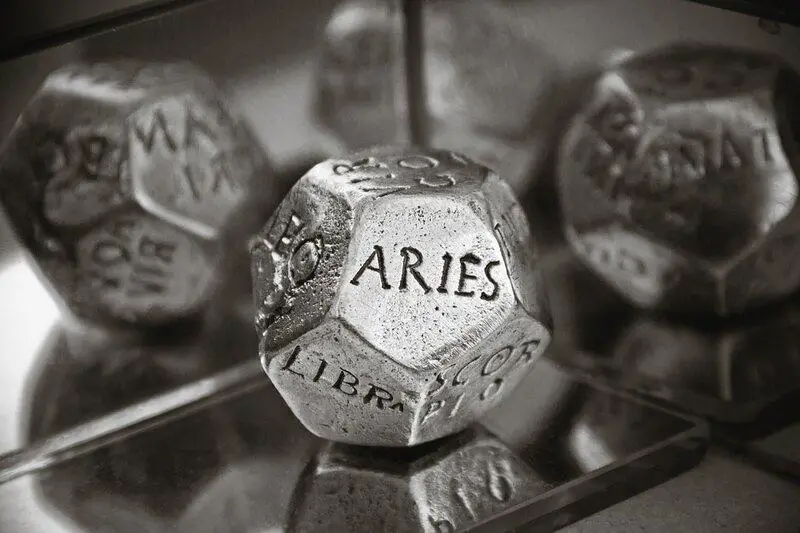
Astrology claims your zodiac sign shapes your core personality.
Science, surprisingly, finds a similar link—season of birth can sway temperament and even mental health.
Research published in Scientific American shows that people born in certain months are more prone to mood disorders and specific personality traits.
While the mechanism likely involves sunlight exposure and prenatal influences, the alignment between astrological signs and psychological patterns is hard to ignore.
It’s a curious case of stargazing and science walking the same path.
3. Full Moon and Sleep Patterns
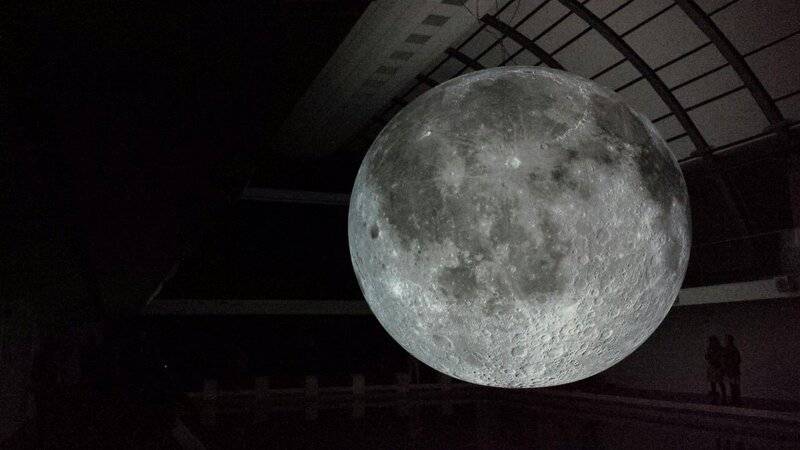
For centuries, astrologers have claimed the full moon disrupts sleep.
Modern science lends surprising support: a Current Biology study found people sleep less and report poorer sleep quality during full moons.
The exact cause remains debated, but this alignment between lunar phases and human rest supports age-old astrological lore in an unexpectedly scientific way.
4. Saturn Return and Quarter-Life Crisis

Astrology describes the Saturn return—when Saturn completes its first orbit around age 29—as a period of upheaval and transformation.
This aligns strikingly with research on the quarter-life crisis, where many young adults experience intense self-reflection and life changes between ages 27 and 30.
According to Psychology Today, this is a common milestone for reevaluation, echoing Saturn’s symbolic role as a taskmaster and agent of growth.
5. Solar Activity and Behavioral Changes

Astrologers have long connected solar flares and planetary alignments with shifts in mood and energy.
Intriguingly, research covered by National Geographic shows that intense solar activity—like geomagnetic storms—can influence human behavior, mood, and even health.
Although the underlying mechanisms are still being researched, this cosmic connection puts a scientific spin on ancient astrological beliefs.
6. Birth Month and Academic Performance

Astrology often claims that certain signs possess more intellectual prowess.
Surprisingly, studies cited by The Guardian reveal a real link between birth month and academic achievement.
Children born earlier in the school year often outperform their younger peers, lending curious support to astrological notions—though the true cause is more about school cut-off dates than stars.
7. Lunar Cycles and Emergency Room Visits

Astrologers have long warned that full moons bring chaos, including more accidents and emergencies.
Scientific studies, such as one published in BMJ, have investigated whether emergency room visits spike during lunar cycles.
While findings are mixed, some data suggest a slight increase in incidents during full moons, fueling the debate.
The connection isn’t definitive, but the timing keeps this astrological theory alive in the scientific conversation.
8. Venus and Fertility Patterns

Venus is the astrological symbol of love and fertility.
Fascinatingly, some scientific studies—like those in Frontiers in Endocrinology—suggest that planetary and lunar cycles may influence human conception rates.
While direct links to Venus are still speculative, the broader connection between celestial cycles and reproductive patterns gives astrological tradition a hint of scientific credibility.
9. Mars and Aggression

Mars, the red planet, has always been astrology’s symbol of conflict and aggression.
Curiously, recent research published in Scientific Reports found links between planetary alignments and variations in human impulsivity and aggression, possibly affected by hormonal cycles.
While the mechanisms remain mysterious, the idea that cosmic movements could influence temperament echoes what astrologers have claimed for centuries—Mars really might stir up our inner warrior.
10. Jupiter and Growth Spurts

Astrology names Jupiter the planet of abundance and growth.
Intriguingly, studies cited by the Harvard Gazette show that children experience notable growth spurts during certain times of the year.
While the connection isn’t planetary, the seasonal “expansion” theme amusingly matches Jupiter’s astrological reputation.
11. Solar Eclipses and Animal Behavior
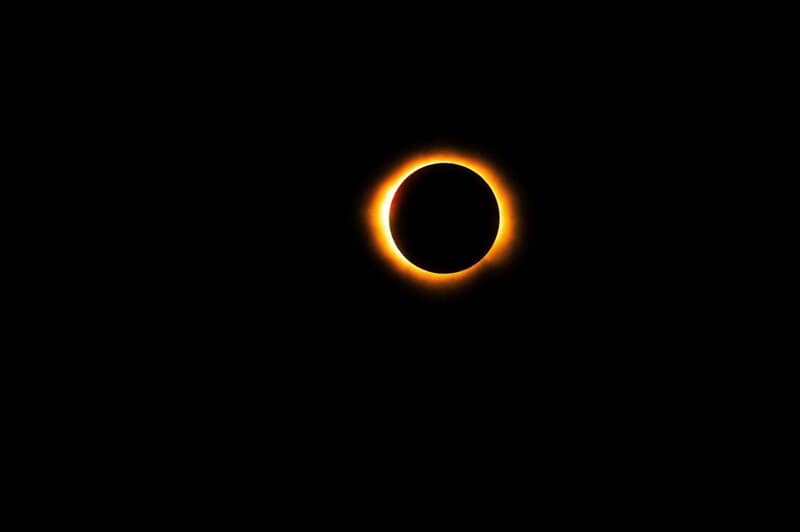
Astrology often points to solar eclipses as harbingers of disruption—not just for humans, but for animals too.
Supported by field reports and National Geographic observations, animals have been seen acting strangely during eclipses—birds roost, crickets chirp, and mammals become restless.
This peculiar behavior during celestial events bridges astrological tradition and scientific observation in a genuinely fascinating way.
12. The Moon and Menstrual Cycles
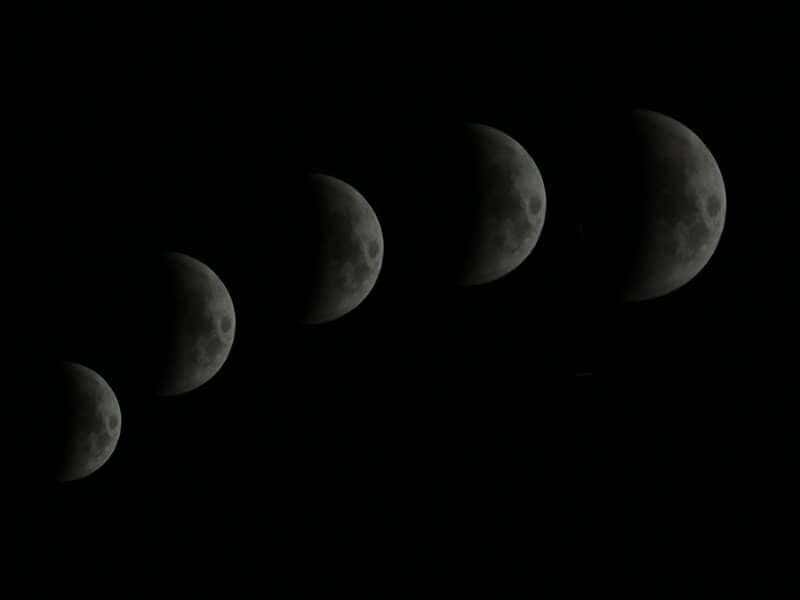
Astrology frequently links the moon to femininity and menstrual cycles, noting the nearly 29-day lunar month and the average menstrual period.
Scientific research, as examined in Scientific American, finds the correlation intriguing but inconclusive.
While some studies show a weak synchrony between the two cycles, others find no significant connection.
Still, the recurring overlap keeps this astrological association alive in both cultural and scientific discussions.
13. Birth Date and Life Expectancy

Astrology sometimes asserts that certain zodiac signs are blessed with longevity.
Surprisingly, studies highlighted by Time reveal a correlation between birth month and life expectancy.
Factors like early exposure to illness or seasonal nutrition may play a role, but the statistical trends curiously mirror astrological claims.
It’s another instance where cosmic timing and scientific data seem to share common ground.
14. Mercury’s Influence on Memory

Astrology designates Mercury as the planet ruling intellect, communication, and memory.
Intriguingly, emerging research in Frontiers in Psychology suggests that planetary alignments and fluctuations in Earth’s magnetic field might subtly influence cognitive performance and memory.
While far from conclusive, these findings lend a whisper of credibility to astrology’s ancient connection between Mercury and the workings of the human mind.
15. The Sun and Vitality
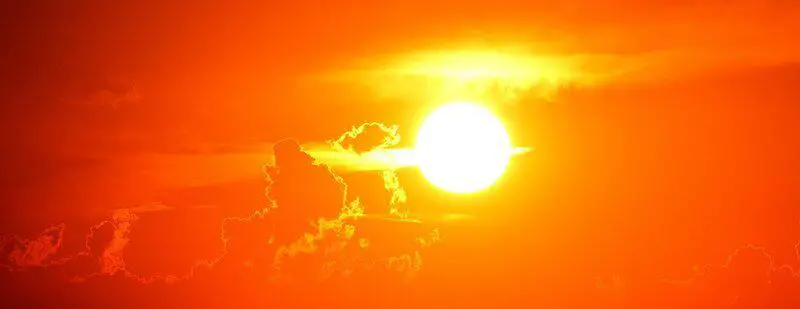
Astrology places the Sun at the center of the zodiac, symbolizing energy, health, and vitality.
Modern science agrees that sunlight is essential for life, influencing everything from mood to vitamin D synthesis.
As explained by Harvard Health, regular sun exposure is crucial for both physical and mental well-being.
This shared reverence for the Sun highlights a rare but powerful alignment between astrological wisdom and scientific fact.
Conclusion
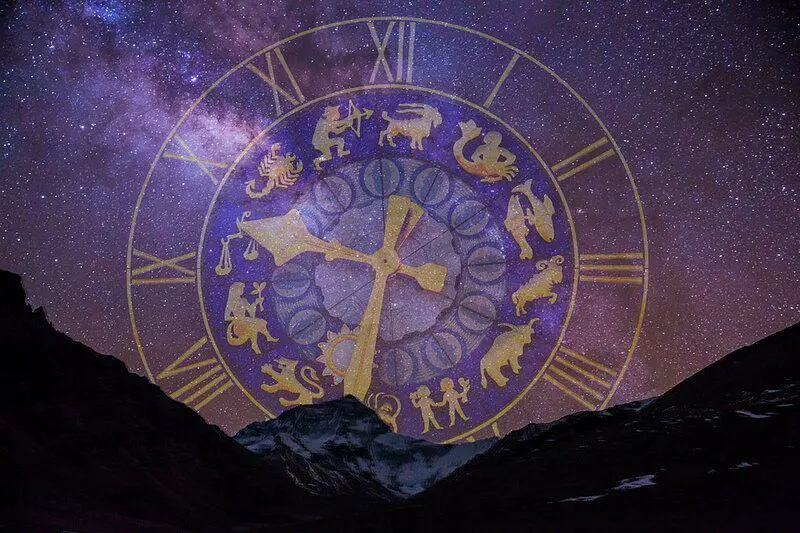
The curious overlap between astrology and science is hard to dismiss.
From lunar cycles to planetary alignments, scientific studies have echoed more than a few ancient astrological claims.
Of course, correlation doesn’t equal causation, and many mysteries remain unsolved.
Yet, these intersections keep sparking curiosity—challenging skeptics and inspiring believers alike.
Perhaps we should stay open to the idea that the cosmos and human experience are more intertwined than we think.
Why not keep exploring the universe, both above and within?
.article-content-img img { width: 100% }



Vielleicht interessiert es Sie:
13 Extraordinary Giants Ready to Blow Your Mind! 🌍
10 Chonky Oddities That Will Leave You Speechless! 🤯
9 Unbelievable Absolute Units That Will Leave You Speechless! 🌟
10 Colossal Creatures That Will Leave You Speechless! 🐻
12 Shocking Absolute Units You’ll Have to See! 😲
12 Epic Absolute Units That Will Challenge Your Perceptions! 🔥
Uncover the 11 Ultimate Massive Oddities That Awe! 🌍
9 Unbelievable Oddities That Redefine ‚Massive‘! 🐉💎